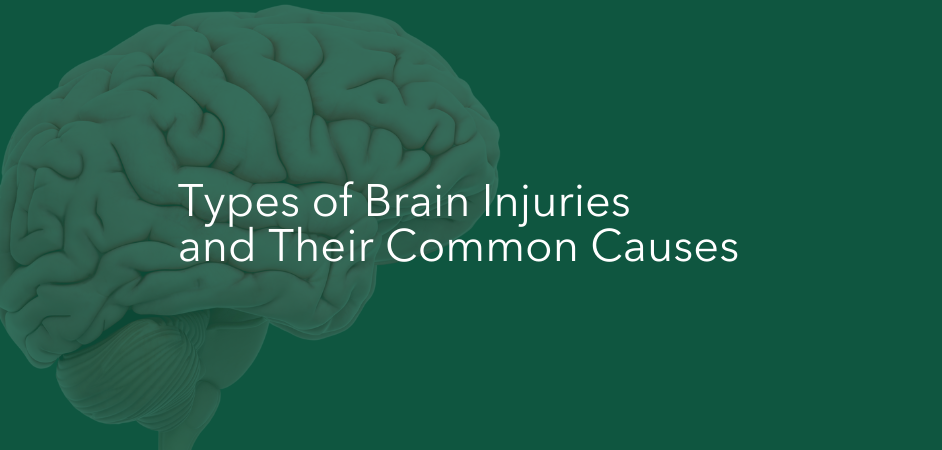No two brain injuries are alike, but all of them are serious medical issues that should be treated with the utmost care and attention. As wounds go, they are one of the most devastating kinds a person can suffer. They also lead to physical damage, psychological damage, huge medical expenses and loss of income.
If a brain injury is caused by someone’s negligence or error, you will almost certainly want to hire an attorney with experience in brain injury cases who can help you pursue a claim for damages. Those damages can include elements such as lost income, medical expenses, disability, and pain and suffering, among others.
To give you a better understanding of brain injuries, so you can be as prepared as possible when looking for an attorney, there are two main types of brain injuries: a Traumatic Brain Injury and an Acquired Brain Injury.
Traumatic Brain Injury
Roughly 2.8 million people in the U.S. report a traumatic brain injury each year, according to the Centers for Disease Control and Prevention. The CDC defines a traumatic brain injury (TBI) as “a disruption in the normal function of the brain that can be caused by a bump, blow, or jolt to the head, or penetrating head injury.” TBIs are the result of impaired brain function caused by an external force, such as a fall, assault, sporting accident, or car crash.
Falls are the leading cause of traumatic brain injuries, according to data from Atlanta, Georgia-based brain rehabilitation hospital the Shepherd Center. From that data, falls made up 28 percent of all brain injuries, followed by motor vehicle-traffic crashes (20 percent) and cases where someone is struck by or against an object (19 percent).
The lasting damage of a TBI varies based on the nature of the injury and how intense it was. Mild brain injury might only leave temporary effects and complications. A more serious TBI, where there is bruising, torn tissue, or bleeding can have lasting consequences and even result in death.
Acquired Brain Injury
An acquired brain injury, also called a non-traumatic brain injury, occurs because of factors inside a person’s body. It is not the direct result of external impact, such as a blow to the head, but of “other conditions not necessarily caused by an external force,” according to the Brain Injury Association of America.
The category of acquired brain injury includes hypoxic and anoxic injuries. These happen when the brain does not receive enough oxygen which is needed for brain cells to survive and function properly.
Hypoxia means a partial lack of oxygen, while anoxia refers to a complete lack of oxygen. The length of the lack of oxygen is also important. The more severe the oxygen deprivation combined with its duration determines the amount of damage to the brain.
Strokes, heart attacks, suffocation, exposure to harmful chemicals, tumors, and medical negligence can all cause hypoxic and/or anoxic brain injury.
Brain injuries are life-changing for the entire family and making claim for damages that results from someone else’s negligence is never an easy process. The attorneys at Clifford Law Offices have extensive experience in working with families that are the victims of such cases. If you or a loved one has been injured, please reach out to us today or call 312-899-9090.

